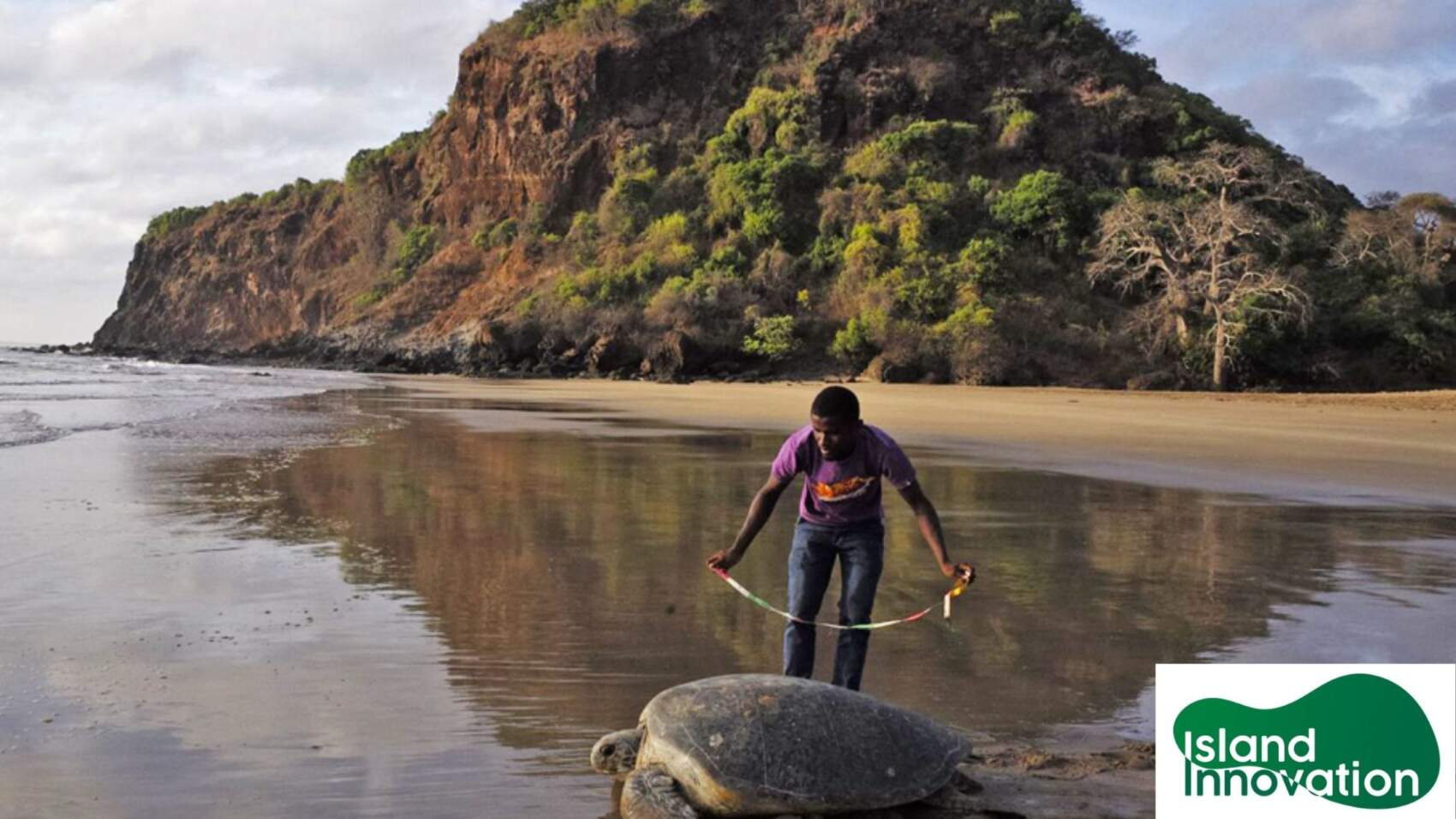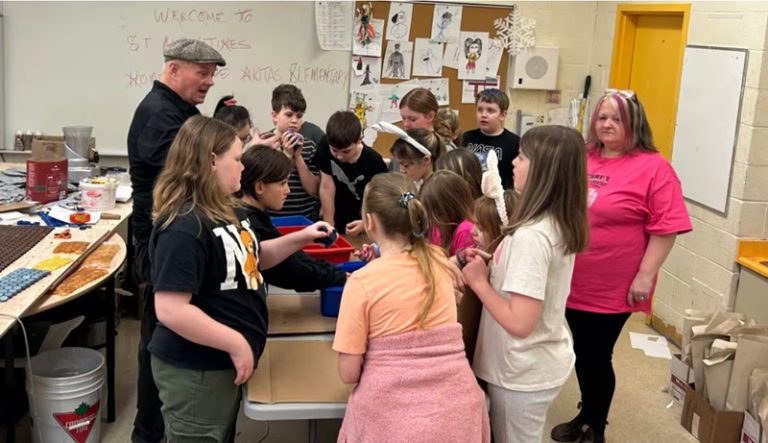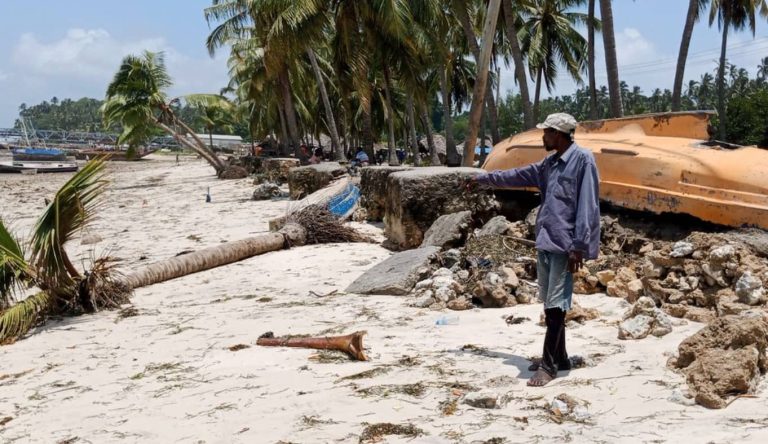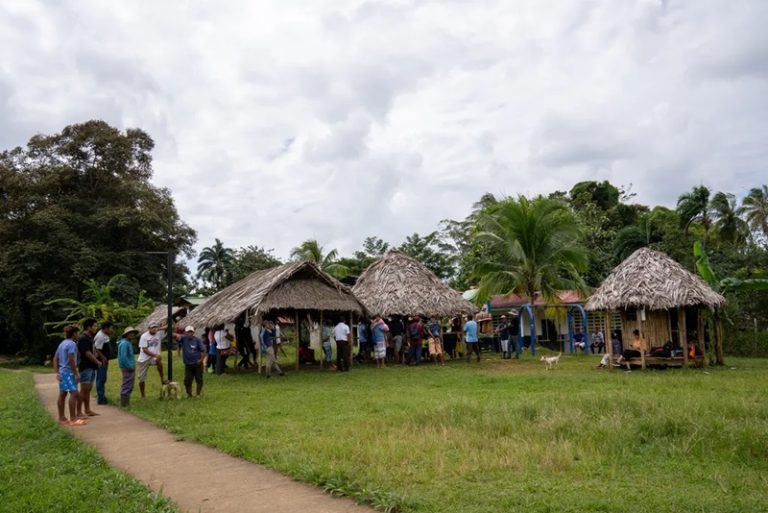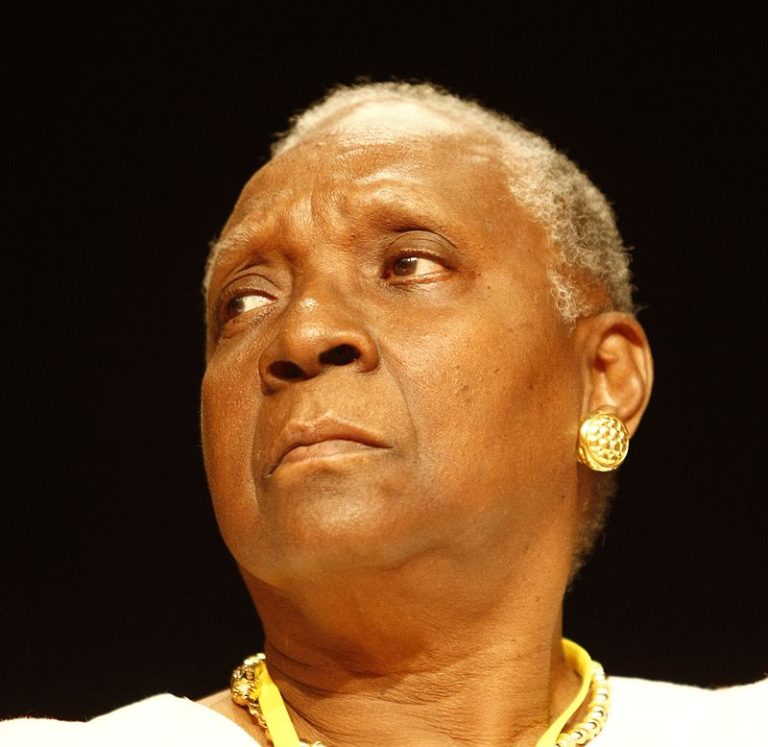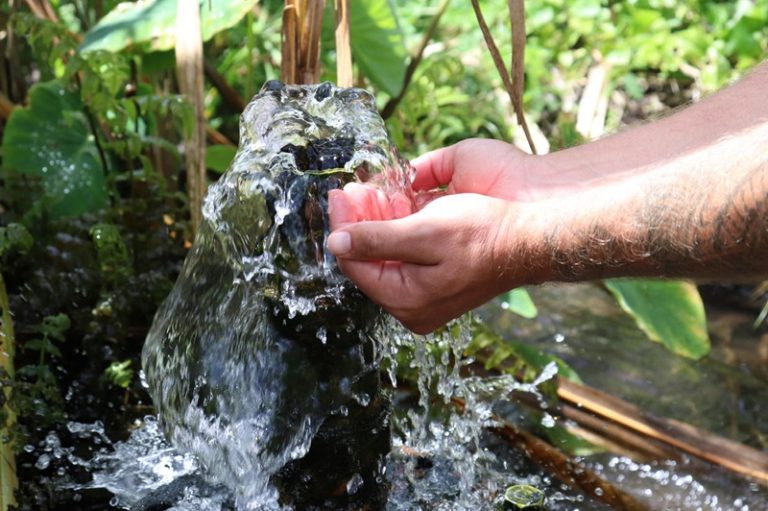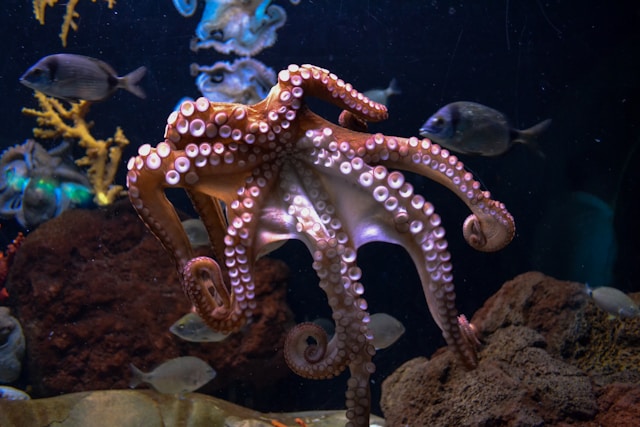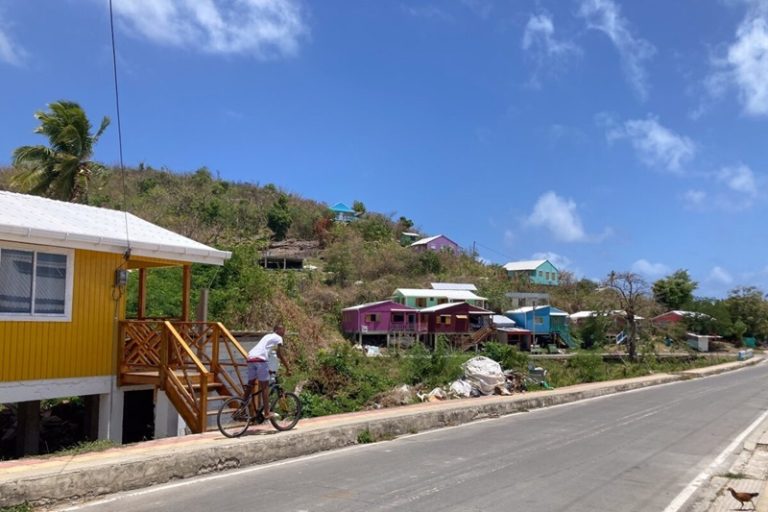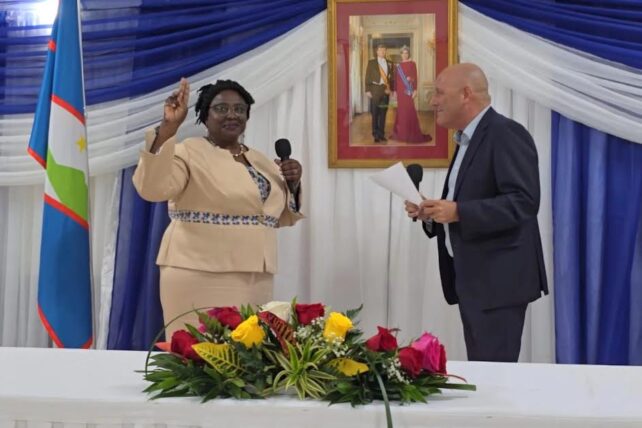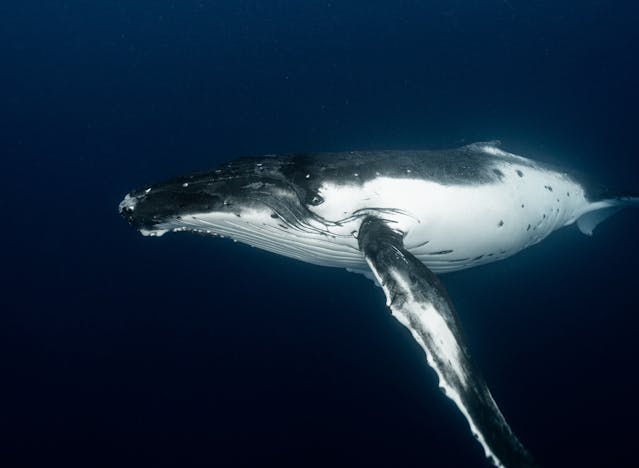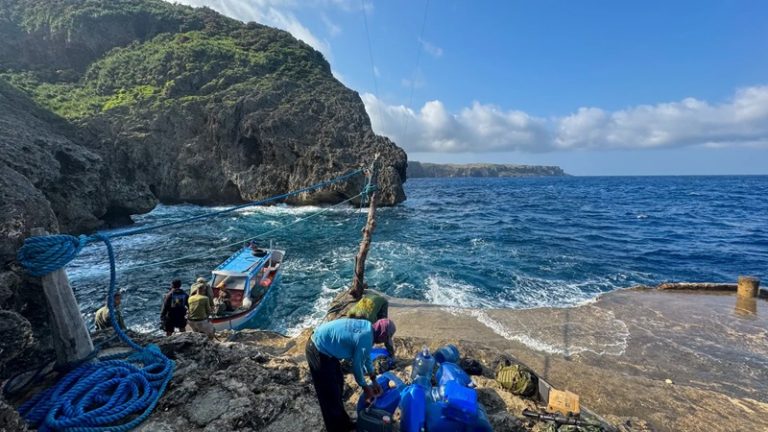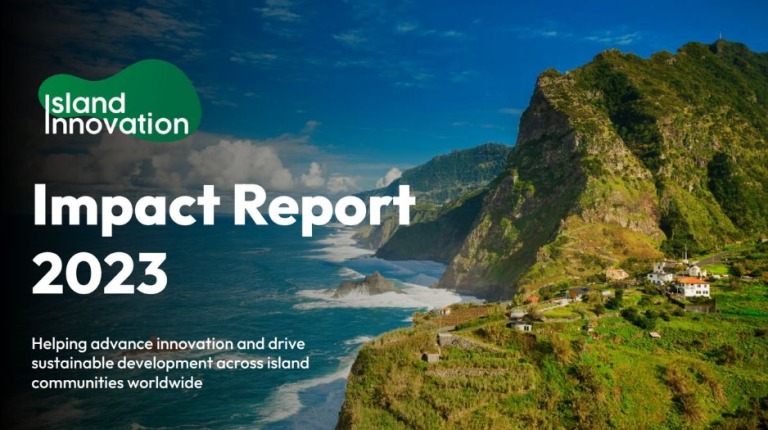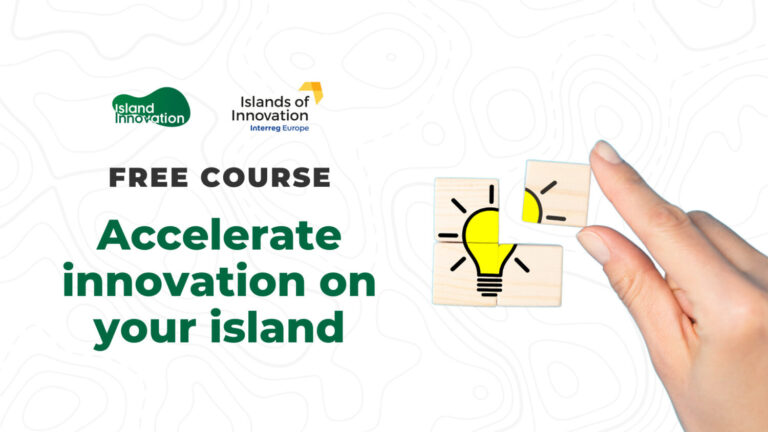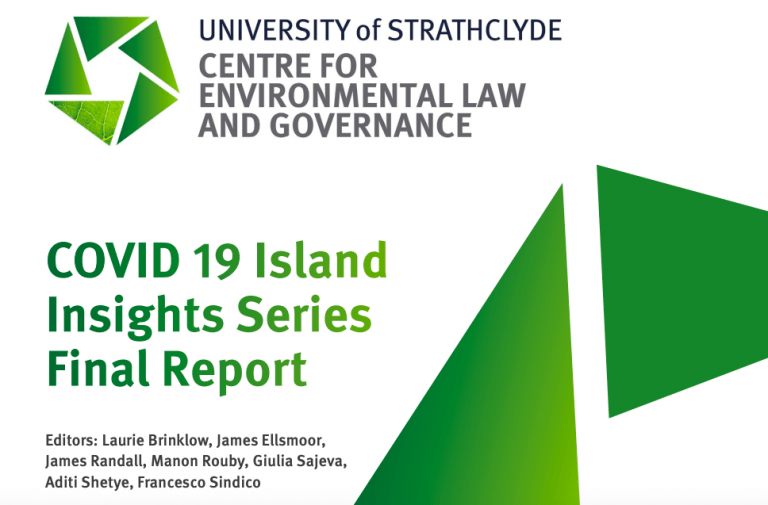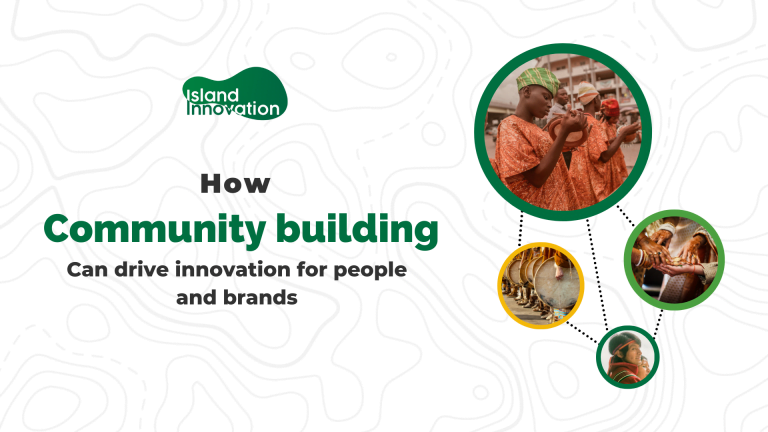Before the inhabitants of Itsamia in Comoros decided to intervene, turtles arriving to nest on its beaches drew villagers from neighboring hamlets. Anywhere from 10 to 30 green sea turtles were captured every day for their meat. That was in 1991. Today, the village is famous for its annual turtle festival that attracts visitors from near and far.
No turtles get eaten. Instead, one of the big draws is thousands of hatchlings scrambling to be redeemed by the sea.
This community-led effort to protect turtles in the southeastern corner of Mohéli, one of the islands that make up the Indian Ocean nation of Comoros, became a stepping stone in establishing the country’s first protected area, Mohéli marine park, in 2001. Now, the island nation is dramatically expanding its protected area (PA) network, installing PAs on Ngazidja (or Grande Comore), Ndzuani (or Anjouan) and Mohéli.
The idea is to replicate what a U.N. Development Programme (UNDP) report called Mohéli’s “successful co-management approach.” However, the Mohéli experiment is far from a shining success story. It didn’t provide a clear blueprint for supporting communities whose traditional rights are curtailed by protected areas, or for sustainably funding such a network, according to U.N. reports and sources interviewed by Mongabay.
The Comoros archipelago lies off the eastern coast of Africa, at the mouth of the Mozambique Channel, and before independence from colonial power France included the island of Mayotte. Today, Mayotte is administered as an overseas French department, though Comoros still lays claim to it. Formally the Union of Comoros, the independent nation has three official languages — Comorian, Arabic and French — that reflect its rich confluence of cultures. But almost a century of colonial rule and post-independence political upheaval have bred devastating levels of deprivation. Every third child is stunted. Most health centers don’t have functioning toilets or even water access.

